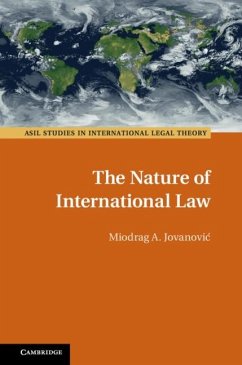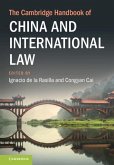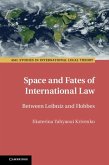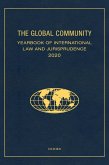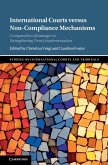Jurisprudence has up until recently largely neglected international law as a subject of philosophizing. The Nature of International Law tries to offset against this deficiency by providing a comprehensive explanatory account of international law. It does so within an analytical tradition, albeit within the one which departs from the nowadays dominant method of the metaphysically-driven conceptual analysis. Instead, it adopts the prototype theory of concepts, which is directed towards determining typical features constitutive of the nature of international law. The book's central finding is that those features are: normativity, institutionalization, coercive guaranteeing, and justice-aptness. Since typical features are context sensitive, their specificities at the international level are further elucidated. The book, finally, challenges the often raised claim that fragmentation is international law's unique feature by demonstrating that international institutional actors, particularly adjudicative ones, largely perceive themselves as officials of a unified legal order.
Dieser Download kann aus rechtlichen Gründen nur mit Rechnungsadresse in A, B, BG, CY, CZ, D, DK, EW, E, FIN, F, GR, HR, H, IRL, I, LT, L, LR, M, NL, PL, P, R, S, SLO, SK ausgeliefert werden.

